Cybersecurity for Medical Practices
Your patients deserve data-driven solutions - so do you.
Healthcare is a target for cyberattacks. Healthcare data breaches are more common, harder to detect, and more costly than other cyberattacks.
In 2024 alone, 9 in 10 healthcare organizations had a cybersecurity breach, the average cost of a healthcare breach was $9.8 M, and the mean ransomwear recovery cost was $2.5 M.
What makes healthcare such a target?
Valuable Data: Healthcare organizations store vast amounts of sensitive patient data (Protected Health Information or PHI), including medical records, financial information, and personal identifiers. These data are highly valuable to cybercriminals for identity theft, insurance fraud, and extortion.
Legacy Systems and Infrastructure Vulnerabilities: Many healthcare systems rely on outdated and potentially insecure legacy systems that are difficult to update and patch, creating vulnerabilities for attackers.
Complex Environments: Healthcare IT infrastructures are complex, often involving a mix of on-premises and cloud-based systems and numerous interconnected devices, broadening the attack surface.
Operational Urgency: The criticality of patient care makes healthcare organizations more likely to pay ransoms to quickly restore access to systems locked by ransomware, making them an attractive target.
Limited Resources: Many healthcare organizations, particularly smaller ones like office based labs (OBLs), face budget constraints and staffing challenges, limiting their investment in cybersecurity measures and leaving them more vulnerable.
Insider Threats: Both intentional and unintentional insider threats pose a significant risk, as employees or contractors with access to sensitive systems can inadvertently or maliciously expose data.
“Didier Jourdain combines his extensive cybersecurity experience with a practical understanding of interventional radiology workflows and vulnerabilities. Just as evidence-based medicine has been a game-changer for patient outcomes, Didier’s pioneering, data-driven approach to cybersecurity allows him to identify real-world risks and deliver clear, actionable solutions for IR practices.”
Isabel Newton, MD, PhD; Interventional Radiologist


